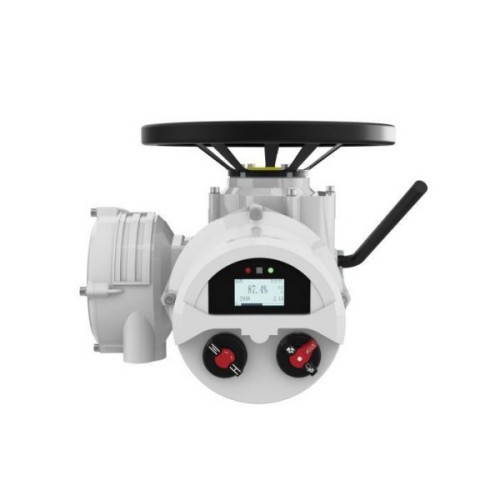wholesale brass needle valves
Understanding Wholesale Brass Needle Valves
Brass needle valves are critical components in various fluid control applications, and they find a wide range of uses across multiple industries. The term needle valve refers to a type of valve that uses a slender, tapered stem to control the flow of liquids or gases. This design allows for precise regulation, making needle valves particularly valuable in applications where accuracy in fluid flow control is paramount.
What Are Brass Needle Valves?
Brass needle valves are constructed primarily from brass, a metal alloy made of copper and zinc. The resulting material offers excellent corrosion resistance, durability, and a good sealing capability, making brass an ideal choice for valve manufacturing. These valves feature a needle-like stem that protrudes through a valve body, which can be adjusted to either restrict or allow fluid flow through an orifice. The unique design provides both throttling and isolation functionalities.
Applications of Brass Needle Valves
Brass needle valves are versatile and can be employed in numerous industries, including
1. Chemical Processing In the chemical industry, controlled flow rates are essential for reactions and process optimization. Brass needle valves ensure that the correct volume of chemicals is dispensed, helping to maintain safety and efficiency.
2. Water and Wastewater Treatment These valves are commonly used in water treatment facilities to regulate the flow of water and chemicals used during treatment processes. Their precision allows for better control of chemical dosages, which is crucial for effective purification.
3. HVAC Systems In heating, ventilation, and air conditioning systems, brass needle valves help control the flow of refrigerants or water, ensuring system efficiency and comfort.
4. Oil and Gas In the oil and gas sector, needle valves are used for pressure regulation and flow control in various applications, from upstream exploration to downstream refining processes.
wholesale brass needle valves

5. Laboratories Brass needle valves are often found in laboratory setups where gases or liquids are handled. Their fine adjustment capability allows researchers to make precise measurements and adjustments, leading to accurate experimental results.
Benefits of Using Brass Needle Valves
1. Precision Control One of the most significant advantages of brass needle valves is their ability to control flow rates with high precision. This is particularly important in applications requiring meticulous measurements.
2. Durability Brass is known for its toughness against wear and tear, making it suitable for long-term use in systems where valves are frequently adjusted.
3. Corrosion Resistance The natural resistance of brass against corrosion ensures longevity, particularly in applications involving moisture or chemically aggressive environments.
4. Ease of Use The design of brass needle valves allows for straightforward operation. Operators can easily adjust the flow with minimal effort, making it an efficient option for various setups.
5. Cost-Effectiveness When purchased in wholesale quantities, brass needle valves can be economically advantageous for companies that require large volumes for production or installation projects.
Conclusion
In summary, wholesale brass needle valves play a vital role in numerous industrial applications, thanks to their ability to provide precise flow control, durability, and resistance to corrosion. Whether in water treatment, chemical processing, HVAC systems, or laboratory settings, they are indispensable tools that enhance operational efficiency and safety. With a growing demand across various sectors, investing in high-quality needle valves at wholesale prices can be a strategic decision for businesses aiming to optimize their fluid control solutions. As industries continue to evolve, the role of brass needle valves will likely expand, underscoring the importance of understanding their characteristics and applications.
-
The Key to Fluid Control: Exploring the Advantages of Ball Valves in Industrial SystemsNewsJul.09,2025
-
The Versatile World of 1, 2, and 3 Piece Ball ValvesNewsJul.09,2025
-
Stainless Steel Ball Valves: The Ideal Choice for Efficient Flow ControlNewsJul.09,2025
-
Optimizing Fluid Control with Ball Float ValvesNewsJul.09,2025
-
Manual Gate Valves: Essential for Control and EfficiencyNewsJul.09,2025
-
Everything You Need to Know About Butterfly ValvesNewsJul.09,2025
-
The Versatility of Wafer Type Butterfly ValvesNewsJul.08,2025




